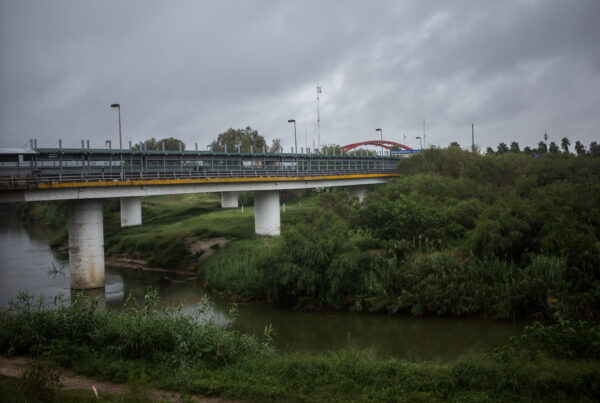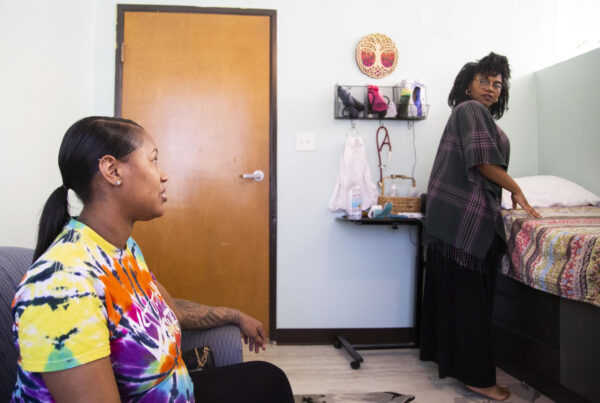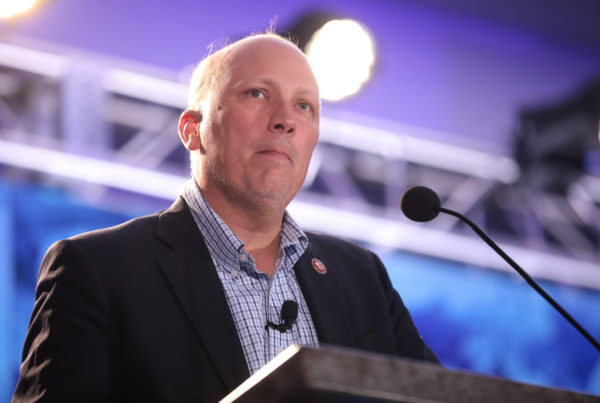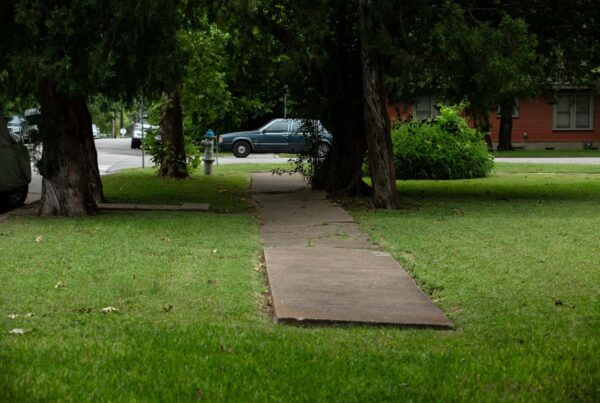From The Texas Tribune:
Texas lawmakers want voters to decide whether the state will spend billions of dollars in broadband and water infrastructure development with two House priority bills filed Monday calling for the historic investments.
Texas House Speaker Dade Phelan revealed House Bill 9 and House Bill 10, which seek to create the Texas Broadband Infrastructure Fund and the Texas Water Fund, respectively.
HB 9, filed by state Rep. Trent Ashby, would create the fund for $5 billion, to be administered by the Texas Comptroller’s office. The money would be used to bolster the Texas Broadband Development Office’s efforts to expand internet availability in the state, among other uses, and would be the biggest state investment in broadband development to date.
HB 10, filed by state Rep. Tracy King, would allocate an as yet unspecified amount to create the Texas Water Fund. The fund would go toward infrastructure development and projects that aim to bring safe drinking water in from other states, as well as other authorized purposes.
The bills come as the two systems have worsened in Texas in recent years. Last year, 2,457 boil-water notices were issued across the state and reservoir levels, exacerbated by the drought and heat, dropped to 67% capacity.
And with nearly 7 million Texans without access to a reliable internet connection, the Legislature made some progress on broadband development in the last session by establishing the State Broadband Development Office. The office was key in identifying areas of need through a broadband map released earlier this year.
Both bills would be constitutional amendments, so if the bills get through the Legislature, the final say in creating these crucial funds will be in the hands of Texas voters.
That may not be a hard sell for voters, under the right conditions. A recent Texas 2036 poll of 1,000 Texas voters shows that 89% of them see fixing the state’s water infrastructure as a worthy multibillion-dollar investment.
Rusty Moore, COO of Big Bend Telephone Company in Alpine, said it depends on how transparent the legislation is and if voters understand the intent.
“This is a fine illustration of the foundation of our democracy, and I do think it will be favorably met,” said Moore, who is also the president of the Texas Telephone Association. “As long as it’s framed out appropriately and illustrates what I think is key: transparency and accountability for the recipients.”
The same day HB 9 was filed, the comptroller’s office announced the agency opened an application window for broadband infrastructure projects that need funding. There are $120 million in grants available in the initial round.
“As the administrator of the Texas Broadband Development Office, I believe that expanding reliable access to high-speed internet presents a significant opportunity for Texas to energize local economies, provide greater access to telemedicine, increase educational opportunities and safeguard Texas’ role as the economic engine of our nation,” Comptroller Glenn Hegar said in a statement regarding HB 9.
Ector County Judge Dustin Fawcett said it’s encouraging to see the Legislature willing to invest so much money in broadband. While building connections is a big need in the state, Fawcett said ensuring that connection is equal is important as well. The broadband map showed West Odessa, part of Fawcett’s district, has access. However, there is only one provider in the area and the service is expensive, so it’s not attainable for all.
“So does that mean that people who live there, most of whom are beneath our median income levels, really qualify as someone who is served?” Fawcett asked. “There’s no way that, within their household budget, they can afford internet access, so that’s where I’m hoping the state finds a solution.”
Fawcett added, “It’s good to allocate these funds, that’s terrific. But how they allocate those funds is what I’m interested in. Some of that has to be on a case-by-case basis, it’s hard to get statewide policy in place for something that’s so nuanced and regional.”
As water infrastructure companion bills to HB 10, Sen. Charles Perry filed Senate Bill 28 and Senate Joint Resolution 75, intended to create the New Water Supply Fund to address aging infrastructure — Perry said Texas loses 136 billion gallons of water a year due to water leaks. The fund has a goal of finding 2.2 trillion gallons of water in the next 10 years through water supply projects.
Both bills could be transformative for Texas, as the state continues to grow more populous, as well as drier and hotter due to climate change, which threatens public health and the state’s water supply.
“House Bill 10 and Senate Bill 28 seek to address two major water issues for Texas: the problem of aging, deteriorating infrastructure and the need for more water supplies in a drought-prone state,” said Jeremy Mazur, Texas 2036 senior policy adviser. “Both bills provide an excellent foundation for building lasting water infrastructure policies for Texas that address these water challenges.”
In a statement, Phelan applauded Ashby and King for the bills, saying they would lay the necessary foundations to continue fostering development efforts.
“The Texas Legislature must continue to support our state’s rapidly-increasing demand for internet, water and housing,” Phelan said.
Disclosure: Texas 2036 and Texas Telephone Association have been financial supporters of The Texas Tribune, a nonprofit, nonpartisan news organization that is funded in part by donations from members, foundations and corporate sponsors. Financial supporters play no role in the Tribune’s journalism. Find a complete list of them here.














